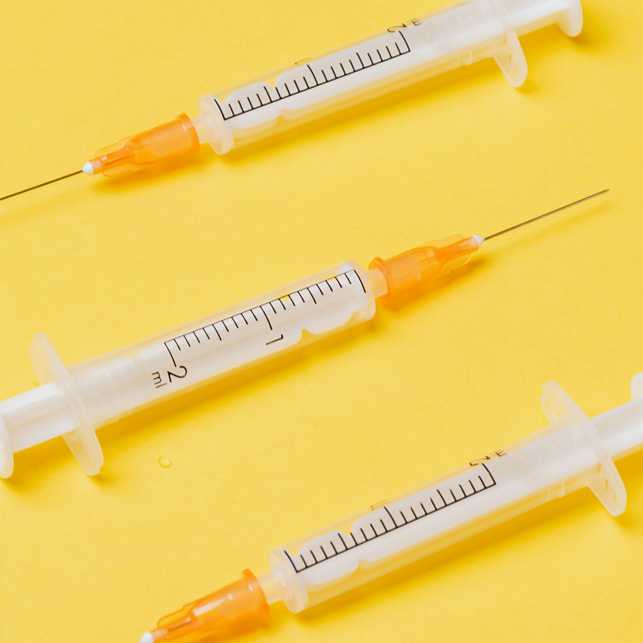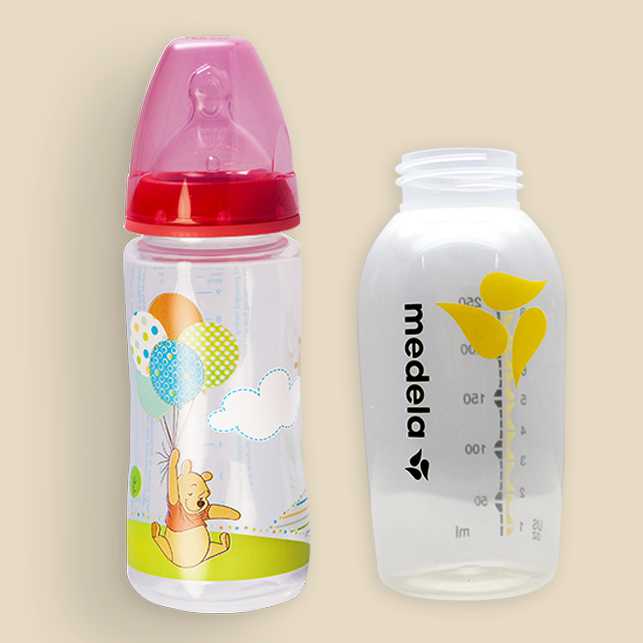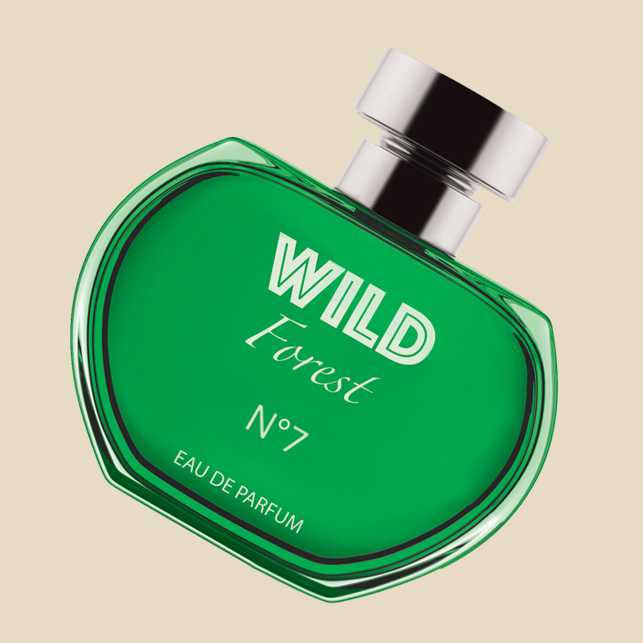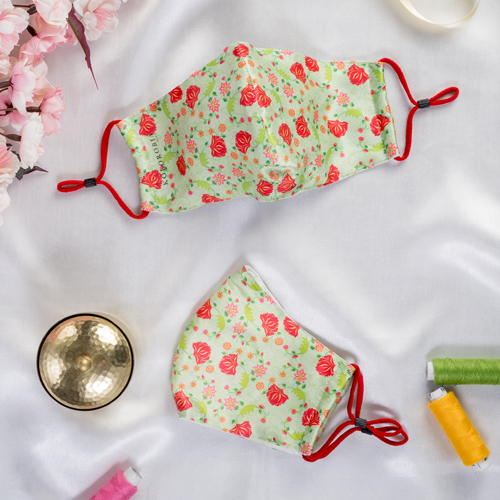Printing of Medical Ampoule Strips: Machines & Inks
What is an ampoule?
An ampoule is a small hermetically sealed drug delivery vial which is used to preserve medicinal fluids, medicinal capsules, and sterile solution like an IV, IM, or subcutaneous, which needs to be delivered parenterally. Primary Blow-Fill-Seal single dose ampoule applications are IV fluids, parenteral drugs, and packaging of respiratory and ophthalmic treatment solutions while multi-dose ampoule applications include insulin deliveries. Polyethylene like HDPE or LDPE and polypropylene have become the materials of choice for ampoule strips manufacturing as an alternative to glass due to various reasons.
Plastic sealed ampoule strip contains aseptic multiple single doses to hold a solution for hypodermic injection to increases patient safety and convenience.

Why use PE ampoules Strips?
The use of plastic ampoules eliminates the need for tearing and cutting the top of the package in order to dispense the dose, making it easier for the user to disburse the content in a controlled manner. The demand for low-cost packaging makes HDPE, LDPE ampoules a favorite choice for premium products that require protection from foreign particle interference in pharmaceuticals, retail industry, diagnostics, veterinary, spa items, first aid, cosmetics, dental, health, and beauty aids, toiletries, and several other market segments. The ampoules contain fixed doses which eliminate the chances of wastage incurred when using other methods of drug delivery due to overfilling or spillage.

Medical technology products cannot compromise on quality requirements.
Accurate marking of vials and ampoules is essential to make sure that their contents can be tracked, distributed and used correctly. However, with multiple materials available, it can be difficult to find product coding and labelling solutions that are flexible enough to meet your needs.
Traceability in Medical industry :
In the pharmaceutical & medical industry, products must be identifiable from their point of origin through purchase by the end consumer, following the various international regulations established in this regard, such as the European Directive 2011/62/EU and the Drug Supply Chain and Security Act (DSCSA) in the US. Other countries have also announced similar requirements, including India, China (SFDA DMF), Argentina, Brazil (Anvisa RDC-54), Turkey, and others.
Tests like ROHS, TOXICON, REACH, etc. are required in the printing of medical devices and parts. In a highly regulated sector like pharma, every component needs to meet GMP standards, and not every company can achieve the high benchmarks required by this industry.
As a longtime partner for pharma and medical industry, Spinks World has a very high knowledge of printing of medical devices, medical parts, syringes, inhalers, counter rings, laboratory disposables, lancing devices, drug delivery devices, diagnostic products, pen systems, infusion sets, point of care tests, etc. for markings, scales, labeling, anti-counterfeiting solutions, and decorations wherever required.
Labeling is very important as a part of the packaging for information on the batch number, expiry date, storage conditions, name of the manufacturer, declaration of substances, any associated warnings, directions for use, and many other norms. All of the above need to be legible for the shelf-life of the product. To achieve this, it is recommended to use printing instead of paper labels which peel off by intense handling with time. Spinks is a total solution provider for the printing of ampoules.
MACHINES from Spinks:
One of the most important pre-requisites for high product quality is automation in the production and inspection processes. The Blow-Fill-Seal-print manufacturing process offers a safe and sterile way of making, filling, sealing, and printing ampoules in one production step lasting only a few seconds with speeds as high as 1500 per hour for 5 fold ampoules and 4500 per hour for single ampoules.
AG is your reliable partner for very sophisticated pad printing on 5 fold ampoule strips or single ampoules.
Key requirements for printing on Ampoule flags:
- The text should be readable and crisp as the size is very small.
- The adhesion should be excellent.
- Each dose should be quality checked and traceable.
Pad printing or pad printing enables printing on any shape, size, or even irregular surfaces of ampoules. Post-treatment after printing is instant and is incorporated into the printing automation.
Spinks Ampoule printing machine is a high tech automation with monitoring cameras, fully automatic part ejection, checking of medicine filling height and leak testing, GMP validation, and many other features. The ampoule strips are pre-treated with high-frequency corona treatment for adhesion, followed by infrared and cold air drying after the vial is pad printed. The camera monitoring system checks for the printed text, filling height, color code (the text on the flags), misprints, empty, overfilled, or underfilled ampoules. The automatic ejection of the rejected parts is done by another vision inspection system. The printing data includes text onto the body, color code, barcode, code/text on the flag.

Medical Grade Inks: Printing inks for Ampoule strips
The special Inks used in pad printing of ampoule strips and vials are very important and need to be certified safe for use in the printing of medical devices. RUCOINX, Germany qualifies all the compliances and certifications required by the most sensitive medical & pharmaceutical industry. Since the ampoule strips are printed after the filling is done, one major requirement of inks is that it must not penetrate the substrate to mix with medicine. The inks in use must meet TOXICON, REACH, and other similar compliances. Ink systems offered: T 200/T120 Our RUCOINX T200 (black) series ink is certified by FDA’s USP guidelines for Class VI medical use. The USP Class VI test includes Acute Systemic Toxicity tests and Intracutaneous Toxicity tests which certify inks for their usage in the medial industry.
- Free from phthalates and BPA as well as cyclohexanone, butyl glycolate, aromatic solvents, barium, fluorine, and bromine.
- Suitable for printing onto the non-food contact side of the packaging.
- Good mechanical and chemical resistance.
- Excellent adhesion properties.
- Machine speeds of up to 4,000 pieces/hour.
- Very high opacity through special pigmentation.
- High lightfastness and weather resistance.


Standards:
- EuPIA Exclusion Policy.
- REACH regulation (SVHC).
- Swiss Ordinance (SR 817.023.21).
- Canadian Hazardous Products Act (R.S., c.H-3, s.1.).
- USP Medical Class VI (exclusively for black).
- Meets the criteria of Michigan Testing Institute; can therefore be used for components in the automotive sector.
- Compliant with the current European standard EN 71-3, Compliant with the current European standard EN 71-9 (exclusively for basic color shades, white and black).
- Low PAH, category 1 according to AfPS GS 2014:01.
- RoHS compliant (2015/863/EU) // (2011/65/EU).
- Compliant with the current Toy Safety Directive.
- RUCOINX, T-120 HF inks exhibit many other advantages besides all others listed for the T-200 ink series.
- Excellent for pre-treated PE and PP.
- Excellent ink transfer.
- Short drying time, speedy subsequent finishing processes, and very good bulk material resistance.

Disclaimer: This disclaimer informs readers that the views, information, and opinions expressed in the text belong solely to the experts or professionals working in the same field of study. However, the customers are required to test for themselves before going into productions. All the presented information stems from the rich and varied 30+ year’s experience of organization in printing business.

Non-toxic Printing Inks and Pad Printing machine for Printing on Disposable Syringe

Printing Solutions for Feeding Bottles

Printing inks ( Solvent Based ) for Glass

Face Mask Tagless Printing Solutions

